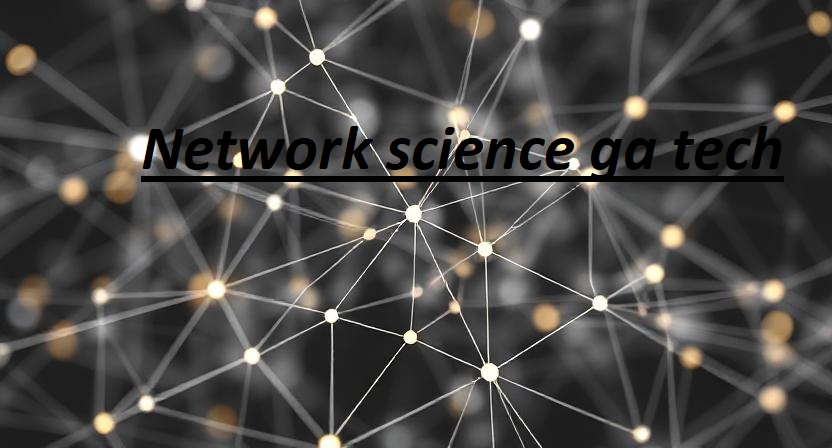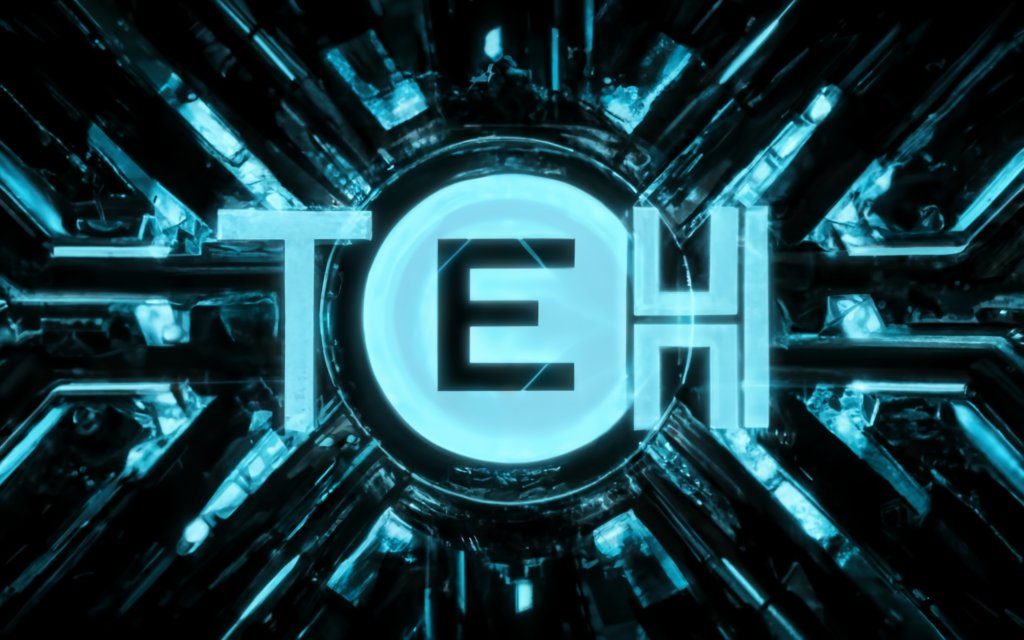Network science GA Tech (Georgia Institute of Technology) is gaining global recognition for its pioneering research and innovative applications in fields like computing, biology, social science, and engineering. As complex systems and interconnected networks shape our modern world, Georgia Tech stands at the forefront of understanding and leveraging these systems through cutting-edge network science research and education.
In this article, we’ll explore what network science is, how Georgia Tech is leading in this field, and what opportunities are available for students, researchers, and industry professionals.
What is Network Science?
Network science is a multidisciplinary field that studies the structure and dynamics of complex networks. These networks can range from social media connections and communication systems to biological processes and transportation grids. Network science uses tools from mathematics, computer science, physics, and statistics to analyze relationships and patterns in interconnected systems.
Key Concepts in Network Science
-
Nodes and Edges: Basic units representing entities (nodes) and their connections (edges).
-
Degree Distribution: Measures how many connections each node has.
-
Clustering and Communities: Identifies tightly connected groups within a network.
-
Centrality Measures: Determines the most influential nodes in a network.
-
Network Dynamics: Studies how networks evolve over time.
Why GA Tech is a Leader in Network Science
Georgia Tech, located in Atlanta, Georgia, is one of the top public research universities in the U.S. With its emphasis on technology, data science, and interdisciplinary collaboration, network science GA Tech initiatives are transforming how researchers tackle real-world problems.
Interdisciplinary Research Environment
One of the key strengths of Georgia Tech’s network science program is its interdisciplinary approach. The field bridges various departments, including:
-
School of Computational Science and Engineering
-
College of Computing
-
School of Civil and Environmental Engineering
-
School of Biology
-
School of Public Policy
This allows students and researchers to apply network theory across fields such as public health, urban planning, cybersecurity, and artificial intelligence.
Renowned Faculty and Research Labs
Georgia Tech boasts world-class faculty who are experts in complex systems, big data, machine learning, and network analysis. Notable labs and centers involved in network science include:
-
IDEaS (Institute for Data Engineering and Science): Supports data science and network analytics research.
-
Center for Machine Learning: Applies network science in AI and data-driven systems.
-
Georgia Tech Research Institute (GTRI): Collaborates with government and industry for applied research in networks, cybersecurity, and infrastructure.
Academic Programs and Courses in Network Science at GA Tech
Graduate and Undergraduate Opportunities
While GA Tech does not offer a degree specifically titled “Network Science,” the subject is integrated into various programs, including:
-
MS in Computational Science and Engineering
-
MS in Analytics
-
PhD in Computer Science
-
Bachelor of Science in Computational Media or Computer Science
Courses that cover network science topics include:
-
Network Analysis and Modeling
-
Social Computing
-
Algorithms for Data Science
-
Complex Systems
-
Information Visualization
Online Learning Options
Georgia Tech also provides online access to many of its data science and computing courses through platforms like Coursera and edX, making network science GA Tech education more accessible to global learners.
Real-World Applications of Network Science at GA Tech
Network science isn’t just theoretical—it’s deeply practical. Georgia Tech uses network science to address real-world problems and collaborates with partners from both public and private sectors.
Urban Planning and Smart Cities
Researchers at GA Tech use transportation networks and urban data to model city infrastructure, traffic flow, and mobility patterns. These models help cities optimize public transport and reduce congestion.
Epidemiology and Public Health
During the COVID-19 pandemic, GA Tech researchers applied network models to track disease spread and inform public health interventions. Network science helps in understanding how diseases spread through human contact networks and how to intervene effectively.
Cybersecurity and Information Networks
Understanding vulnerabilities in digital networks is essential for modern cybersecurity. Georgia Tech uses network science to model attack surfaces, detect anomalies, and secure communication systems.
Social Networks and Behavioral Analysis
Georgia Tech also studies social media platforms and online communities to understand human behavior, misinformation spread, and social influence.
Career Opportunities in Network Science
With its interdisciplinary nature and growing importance, network science is in high demand across industries. Students graduating from GA Tech with expertise in network analysis can pursue careers in:
-
Data Science and Analytics
-
Software Engineering
-
Public Policy and Urban Planning
-
Healthcare and Epidemiology
-
Cybersecurity and Information Assurance
-
Research and Academia
Companies like Google, IBM, Facebook, and government agencies often recruit GA Tech graduates with backgrounds in network science.
Cutting-Edge Projects and Innovation at GA Tech
Network Science for Resilient Infrastructure
A team at Georgia Tech is working on building resilient infrastructure systems using network theory. By modeling the interconnectedness of power grids, water systems, and communication networks, researchers can design better emergency response systems and reduce vulnerability to disasters.
AI and Network Theory
Another exciting development is the integration of artificial intelligence with network science. Machine learning algorithms are now being used to uncover hidden patterns in large-scale network data, enabling predictive modeling and advanced decision-making.
Collaborations and Conferences
Georgia Tech regularly hosts conferences and workshops related to network science, attracting international experts. It also collaborates with institutions such as:
-
MIT
-
Stanford
-
CDC (Centers for Disease Control and Prevention)
-
NSF (National Science Foundation)
These collaborations foster innovation and keep GA Tech at the leading edge of network science research.
Conclusion: The Future of Network Science at GA Tech
The future of network science GA Tech is bright. With its strong research infrastructure, interdisciplinary approach, and focus on real-world impact, Georgia Tech is shaping how we understand and apply network science in the 21st century.
Whether you’re a prospective student, a researcher, or a professional interested in complex systems, GA Tech offers an environment that supports innovation, exploration, and practical application of network science.
Final Thoughts
If you’re passionate about understanding how systems connect and evolve—whether in cities, social media, biology, or technology—network science at GA Tech provides the knowledge and tools to make a meaningful impact.
For more information, you can explore Georgia Tech’s official departments like the School of Computational Science and Engineering or the IDEaS Center.



